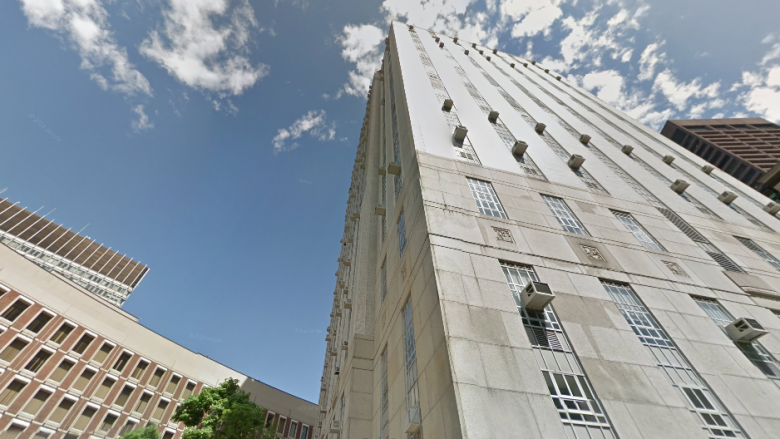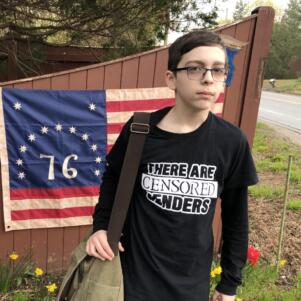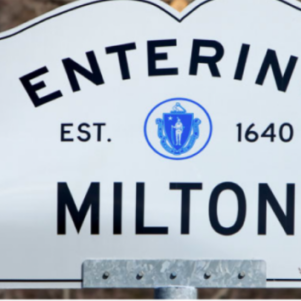Judge hears arguments on lawsuit seeking to put businesses and unions on equal campaign finance footing
By Evan Lips | December 7, 2016, 18:45 EST
 Suffolk Superior Court (GoogleMaps)
Suffolk Superior Court (GoogleMaps) BOSTON — A Superior Court judge on Wednesday heard arguments from both sides of a lawsuit challenging the state law that allows labor unions to chip in up to $15,000 in campaign donations but bans businesses from contributing more than a penny.
Assistant Attorney General William Porter, representing the state, claimed in his remarks that “capital generated by a corporation shouldn’t become a war chest for corporate contributions to favored candidates.”
“In other words, we’re not going to create corporations for the purpose of this additional form of potential pressure on political candidates.”
Judge Paul D. Wilson, who was abruptly assigned to the case after a conflict forced Judge Linda E. Giles to back out at the last minute and said he had only known about the case’s existence another before the start of proceedings, had questions for Porter.
“First of all, why it different for a labor union which has the ability to amass wealth?” Wilson asked. “And secondly, we’re past the era in which a Legislature is entitled to use ‘amassing of wealth’ as a reason for banning corporate donations.”
After Porter and attorney Jim Manley of the Goldwater Institute, a conservative Arizona-based think-tank wrapped up their arguments, Ashland-based business owner Mike Kane of 126 Self Storage, Inc., said he was pleased with how much interest Wilson showed in the case, despite having been assigned at the last minute.
“He asked a lot of questions,” Kane, one of two plaintiffs in the case, said about Wilson. “He was very curious and he didn’t really signal either way so you don’t know where it’s going to go.
“To me it’s pretty simple — the labor unions out in a state like Missouri can give $15,000 and my corporation here can’t.”
But for Wilson, who must now pour through hundreds of pages of decisions involving previous cases cited by both Manley and Porter, Wednesday’s summary judgment proceedings indicated that arriving at a final decision won’t be as cut-and-dry as it appears.
The lawsuit was filed by Kane and 1A Auto owner Rick Green of Pepperell against state Office of Campaign and Political Finance Director Michael Sullivan in February 2015. The statute at the heart of the case dates back to an interpretative bulletin issued unexpectedly by OCPF in September of 1988 which gave the go-ahead to labor unions and other unincorporated groups to donate up to $15,000 to particular candidates.
The update effectively negated a law dating back to 1907 banning both businesses and unions from making donations.
During Wednesday’s proceedings, Manley pointed out that the state has yet to submit “any evidence” of corruption from the 30 states where corporate donations are legalized.
Porter countered that states like Massachusetts that ban corporate contributions cite former President Theodore Roosevelt’s rationale that businesses “are a legally-created entity with certain advantages under law to generate wealth.”
“This is the first time anyone has ever cited a brief in my judicial experience (citing) Teddy Roosevelt and what he said about any topic,” Wilson said in response.
Wilson said he’d try to make a ruling as quickly as possible.










